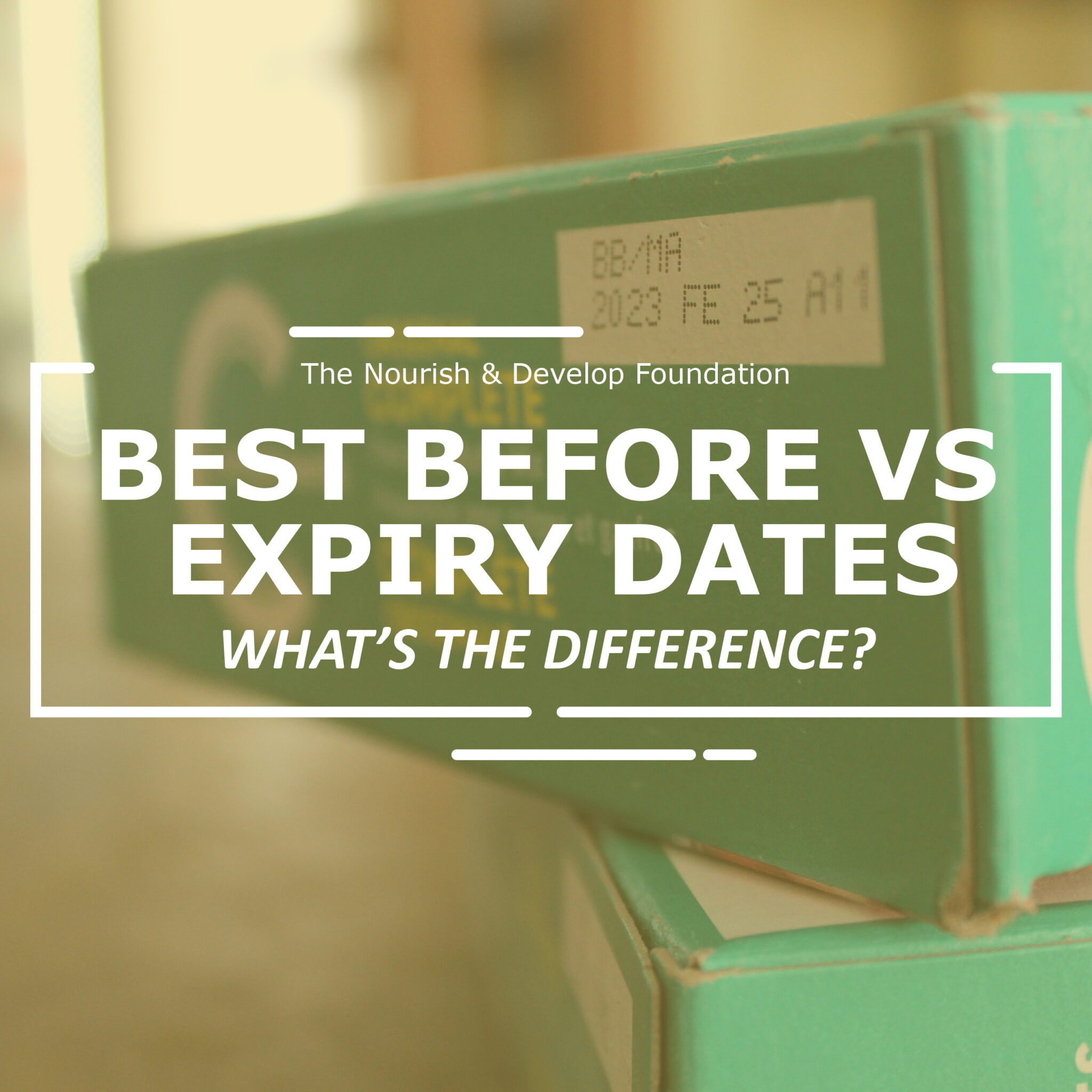Best Before vs Expiry Dates – What’s the difference?
People often confuse best before and expiry dates, but the two dates tell consumers very different things.
Best Before Dates
A best before date indicates the anticipated amount of time an unopened food product keeps its freshness, taste, nutritional value, or any other qualities claimed by the company, when stored properly. The Canadian Food Inspection Agency, the government agency responsible for food labelling policies, indicates that unopened products “should be of high quality until the specified date.” As soon as the product is opened, the best before date no longer applies.
A best before date must appear on packaged foods that have a shelf life of 90 days or less such as milk, yogurt, and bread.
Products still can be purchased or consumed after best before dates as these dates are not related to product safety. For example, many dairy products, such as yogurt and milk, will still be safe to consume up to two weeks past their best before dates if they have been kept at the correct temperature in the fridge – even if they have been opened.
With some products, the taste or quality may have greatly deteriorated but it’s still safe to eat. For example, orange juice may not provide as much vitamin C past its best before date or milk might provide less riboflavin past its best before date. Ketchups and salsas may be more acidic, dry pasta may break up when cooked, cookies may taste stale, and chips might be less crunchy.
Expiry Dates
Expiry dates tells consumers the last day a product is safe to consume. A food should never be consumed after the expiry date.
The Canadian Food Inspection Agency mandates that only five types of products need to be labelled with an expiry date:
- Baby formula and other human milk substitutes
- Nutritional supplements
- Meal replacements
- Pharmacist sold foods for very low-energy diets
- Formulated liquid diets
These dates are required on these types of products as the food’s nutritional composition could weaken after the determined expiry date and may not have the depended upon nutritional content as described on the label.
Why is this distinction important?
Interpersonal and organizational knowledge sharing about food labels can play a vital role in helping consumers make informed decisions about the food they eat, which ultimately prevents unsafe food consumption, avoids unnecessary food waste, and helps folks save money.
Pass this information along to someone you know to support us in the fight against food waste!
For a comprehensive guideline for understanding best by dates, we recommend this Best Before Timetable from our friends at Second Harvest.
https://www.secondharvest.ca/getmedia/8305334b-11e6-4511-b604-b35954c66672/SH-BBD-Timetable.pdf
Sources
https://inspection.canada.ca/eng/1297964599443/1297965645317



